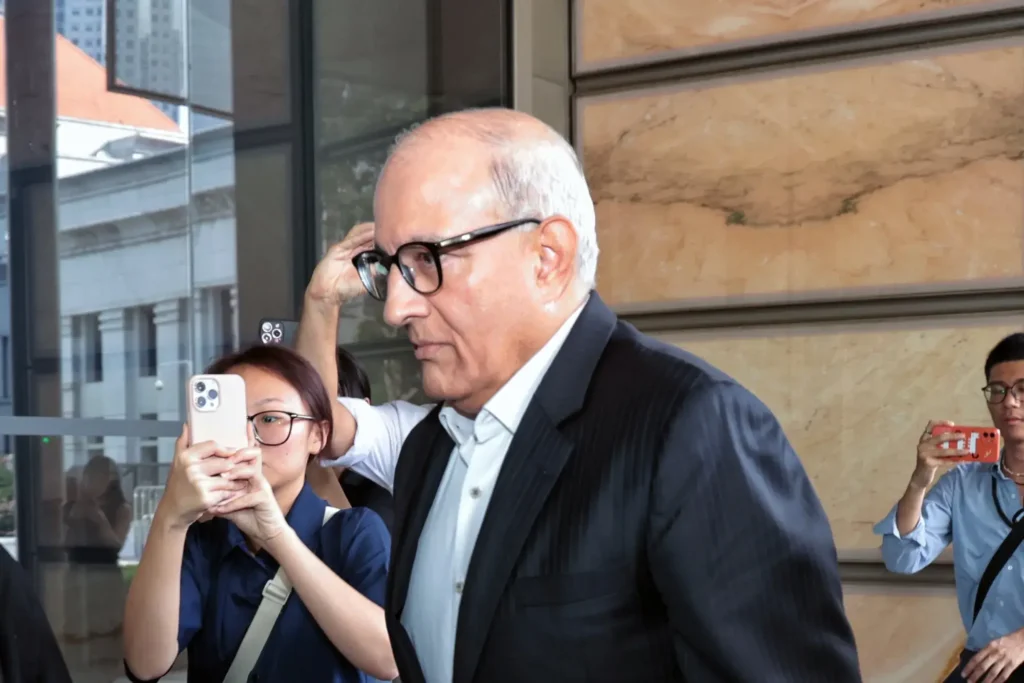Singapore’s former Transport Minister, Subramaniam Iswaran, has been sentenced to 12 months in prison in the high-profile Singapore Corruption Case. This landmark trial marks the first time in nearly 50 years that a Singaporean minister has faced corruption charges.
Iswaran, 62, pleaded guilty to accepting gifts worth over $311,882, including Formula 1 Grand Prix tickets, a luxury bicycle, and a private jet ride. Justice Vincent Hoong emphasized that Iswaran’s actions were an abuse of power that undermined public trust in institutions.
The Singapore Corruption Case has sparked widespread attention, with many questioning the effectiveness of the city-state’s measures to prevent corruption. Singapore’s leaders have long justified high ministerial salaries to safeguard against corruption.
However, this case highlights vulnerabilities in the system. As Eugene Tan, a law professor, noted, “The public expected the court to demonstrate zero tolerance for this conduct.” Iswaran’s defense team sought an eight-week sentence, while prosecutors requested six to seven months.
The outcome of the Singapore Corruption Case has significant implications for Singapore’s governance and integrity. The ruling People’s Action Party faces challenges to its dominance in the upcoming 2025 general election.
Iswaran’s sentence will be served at Changi Prison, known for its austere conditions. This stern punishment aims to maintain public confidence in Singapore’s institutions. The Singapore Corruption Case serves as a test of the nation’s commitment to transparency and accountability.
In the wake of this trial, Singapore’s government must reassess its anti-corruption measures to prevent similar cases. The Singapore Corruption Case has exposed weaknesses, but the nation’s response will shape its future.








